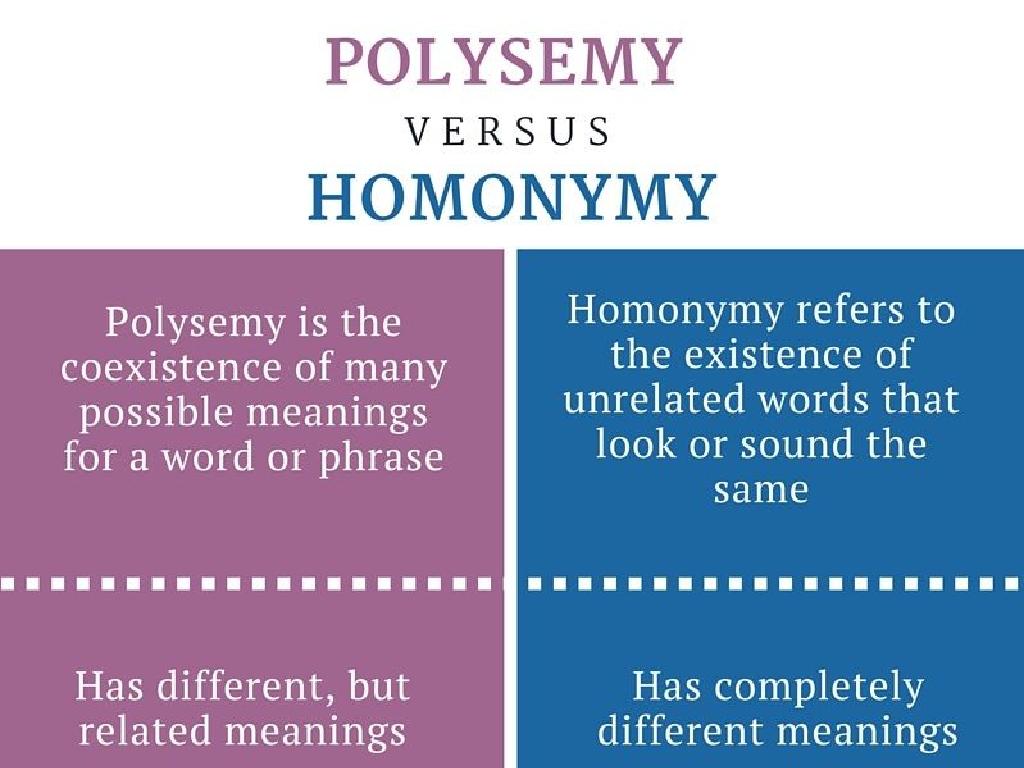Classical Athens: Geography And Society
Subject: Social studies
Grade: Seventh grade
Topic: Greece
Please LOG IN to download the presentation. Access is available to registered users only.
View More Content
Exploring Classical Athens: Geography and Society
– Introduction to Classical Athens
– The heart of philosophy, democracy, and arts in ancient times.
– Geography of Ancient Greece
– Mountainous terrain, surrounded by sea, influencing trade and culture.
– Athens’ role in Greek history
– A powerful city-state, pivotal in politics, education, and culture.
– Society and culture in Athens
– Organized into social classes with distinct roles and privileges.
|
This slide introduces students to Classical Athens, a significant city-state in ancient Greece known for its contributions to philosophy, democracy, and the arts. Emphasize the unique geography of Greece, with its mountainous landscapes and proximity to the sea, which shaped its culture and economy. Discuss Athens’ central role in Greek history as a hub of learning, politics, and culture. Explore the societal structure of Athens, including the social classes and their roles. Encourage students to consider how geography can influence the development of a society’s culture and economy. Provide examples of Athenian achievements, such as the Parthenon, to illustrate the city’s historical significance.
Geography of Athens: Shaping Society and Culture
– Athens’ strategic location
– Central to Greek civilization, surrounded by mountains and near the sea.
– Varied physical features
– Mountains provided defense, plains for agriculture, and coasts for trade.
– Geography’s impact on society
– Mountainous terrain led to the development of independent city-states.
– Cultural development through geography
– Access to the sea fostered trade, cultural exchange, and naval prowess.
|
This slide aims to explore how the geography of Athens influenced its society and culture. Athens was strategically located in the heart of Ancient Greece, which played a crucial role in its development. The surrounding mountains provided natural defense and helped in the formation of a city-state with a unique identity. The fertile plains were vital for agriculture, sustaining the population and economy. The proximity to the sea facilitated trade and interaction with other cultures, contributing to Athens’ rich cultural heritage. The students should understand that geography can shape the political, economic, and cultural aspects of a civilization. Encourage them to think about how the geography of their own region has influenced its development.
Athenian Society: Structure and Democracy
– Social hierarchy overview
– Athens had a well-defined social structure with citizens at the top.
– Citizen, metic, women, slave roles
– Citizens had rights, metics were non-citizen residents, women had limited roles, and slaves had no rights.
– Athenian democracy concept
– Democracy in Athens involved citizens directly in decision-making.
– Impact on modern governance
|
This slide aims to give students an understanding of the social hierarchy in Classical Athens and the roles of different groups within society. Emphasize that only male citizens had political rights and responsibilities, while metics (foreigners living in Athens), women, and slaves had varying degrees of social and legal limitations. Discuss the concept of democracy in Athens, highlighting how it was a direct form of democracy rather than the representative democracy we see in many countries today. This can lead to a discussion on the influence of Athenian democracy on modern political systems and the evolution of governance. Encourage students to compare and contrast Athenian democracy with their own government to deepen their understanding of the topic.
Daily Life in Athens
– Education’s role in Athens
– Philosophy was key in Athenian education, fostering critical thinking.
– Trade and the Agora’s impact
– The Agora was central to commerce, a bustling marketplace and social hub.
– Religion’s influence on life
– Religious practices were intertwined with daily activities and civic events.
– Mythology’s role in culture
– Myths explained natural phenomena and were integral to cultural identity.
|
This slide aims to give students a glimpse into the daily life of Athenians. Education was highly valued, with a strong emphasis on philosophy, encouraging citizens to question and think deeply. The Agora, Athens’ marketplace, was not only a place for trade but also a social center where ideas and news were exchanged. Religion was a daily practice, with numerous festivals and rituals that had significant roles in public and private life. Mythology was a framework through which Athenians understood the world around them, influencing their culture and traditions. Encourage students to compare and contrast these aspects with their own lives to better grasp the societal structure of Classical Athens.
Athenian Achievements in Ancient Greece
– The Parthenon: A symbol of artistry
– The Parthenon, an architectural marvel, exemplifies Doric design and aesthetic principles of the era.
– Flourishing arts, theater, and philosophy
– Celebrated playwrights like Sophocles, and philosophers like Socrates, shaped Western thought.
– Scientific and governmental innovations
– Pioneers like Hippocrates advanced medicine, while democracy’s roots deepened in Athenian society.
– Athens’ legacy in modern culture
|
This slide highlights the remarkable achievements of Classical Athens, emphasizing their lasting impact on modern society. The Parthenon stands as a testament to Athenian architectural prowess and artistic achievement. In the arts, Athenian theater provided a foundation for modern drama, and their philosophers laid the groundwork for Western philosophy. Scientific advancements, particularly in medicine, and the development of democratic government, are cornerstones of their legacy. Encourage students to see the connections between Athenian innovations and the principles that guide our society today.
Class Activity: Create Your Own Polis!
– Divide into groups, design a city-state
– Incorporate geographical features
– Mountains, coasts: How do they shape life?
– Develop social structure & government
– Who holds power? What are the citizens’ roles?
– Prepare a class presentation
|
This activity is designed to help students apply their knowledge of Classical Athens by creating their own city-state, or polis. Students should be divided into small groups to encourage collaboration. Each group will design a polis, considering how geography affects aspects like defense, trade, and agriculture. They should also think about the social hierarchy and form of government, drawing parallels with what they’ve learned about Athens. Finally, each group will prepare a short presentation to share their polis with the class, explaining their design choices and how they reflect the influence of geography on society and governance. Possible variations for different groups could include varying the geographical conditions or the type of government to see how these factors result in different city-states.





